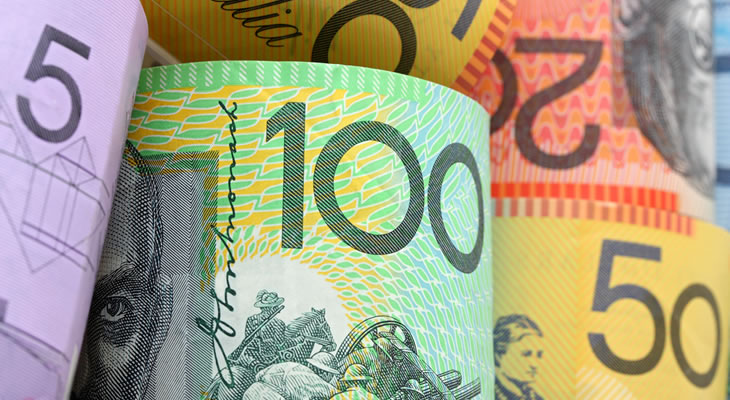Pound Australian Dollar (GBP/AUD) Exchange Rate Rises amid UK Optimism
The Pound Australian Dollar (GBP/AUD) exchange rate rose this morning as the UK’s public finances continued to stabilise and surging Covid cases in China weighed heavily on the ‘Aussie’.
Looking ahead, hawkish comments from Bank of England (BoE) officials could keep pushing the Pound (GBP) higher, while the Australian Dollar (AUD) may remain on the back foot.
Pound (GBP) to Gain on Hawkish BoE Comments?
The Pound is strengthening today as hopes of a slower pace of interest rate rises from the Federal Reserve are lifting GBP.
UK government gilt yields are continuing to decline sharply, loosening the squeeze on the public finances. With the Fed looking at smaller rate rises and the UK government committing to tighter fiscal policy, borrowing costs are easing.
As the day progresses, GBP investors may be focused on speeches from Bank of England officials. Dave Ramsden, a Deputy Governor at the BoE, has said that his ‘bias is towards further tightening’, providing GBP with a lift.
Later on, policymaker Catherine Mann is due to speak. If she echoes her colleague’s hawkish remarks, Sterling may climb even higher. However, if she advocates a slower pace of policy tightening, due to the UK’s looming recession, the Pound could fall.
Tomorrow, a lack of notable UK economic data could see Sterling trade primarily on domestic headlines. Could huge waves of strike action across the country dent GBP?
Australian Dollar (AUD) to Fall Further amid China Covid Woes?
The Australian Dollar came under pressure this morning as concerns about soaring Covid cases in China weighed heavily on the ‘Aussie’.
China is the largest market for Australia’s export-oriented economy, so surging coronavirus cases – and the subsequent lockdowns due to China’s zero-Covid policy – could hammer Australian exports.
Looking ahead, this is likely to remain a headwind for AUD exchange rates in the near future. Case numbers are exploding in several major cities, including the trade hub of Guangzhou and the country’s capital Beijing.
If cases continue to rise and the Chinese government imposes stricter and stricter lockdowns, we may see the ‘Aussie’ Dollar fall further.
In addition, worries that the rising cases could disrupt global trade, or affect the global economy, could spark risk aversion in markets, which would likely add to the risk-sensitive Australian Dollar’s downside.


Comments are closed.